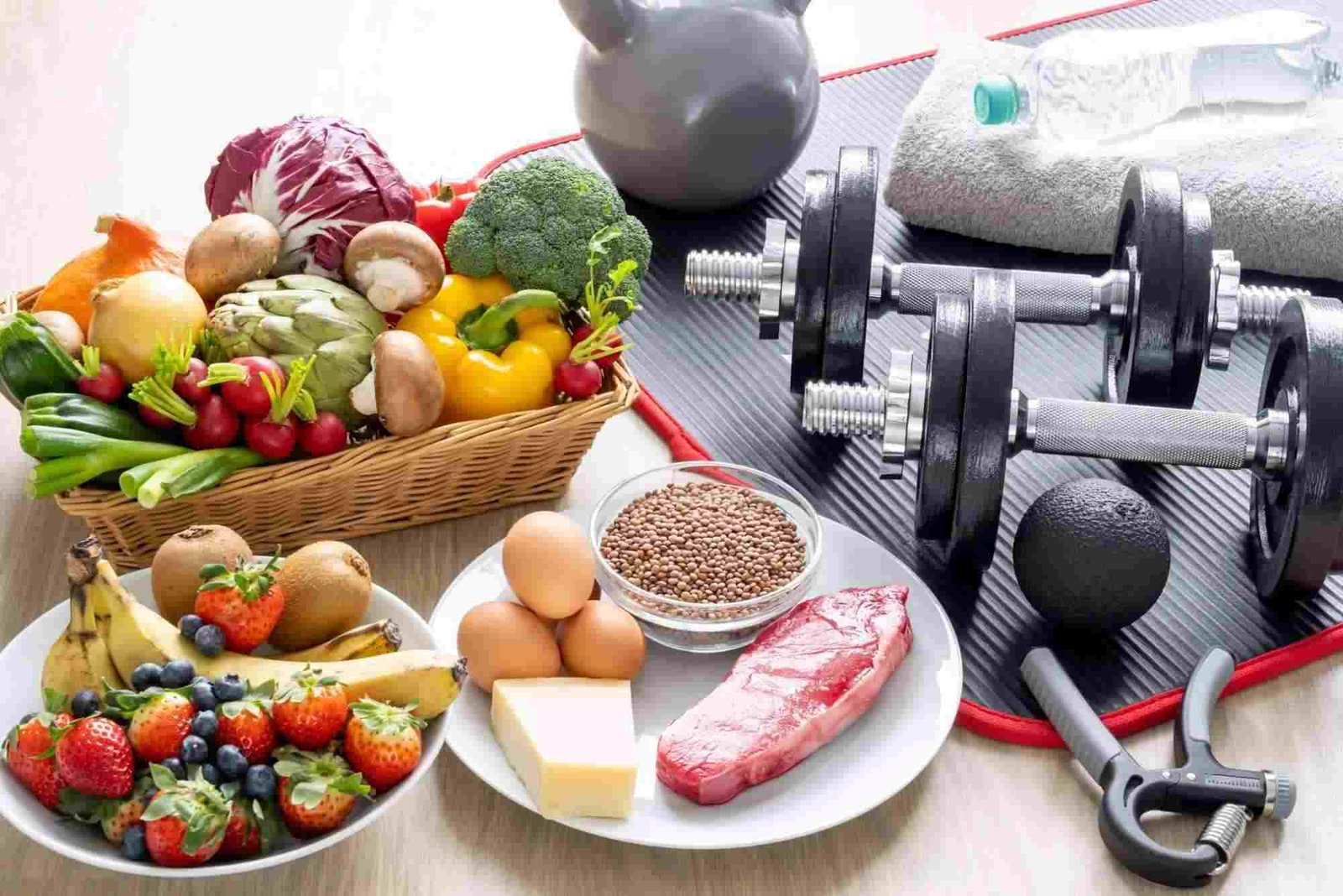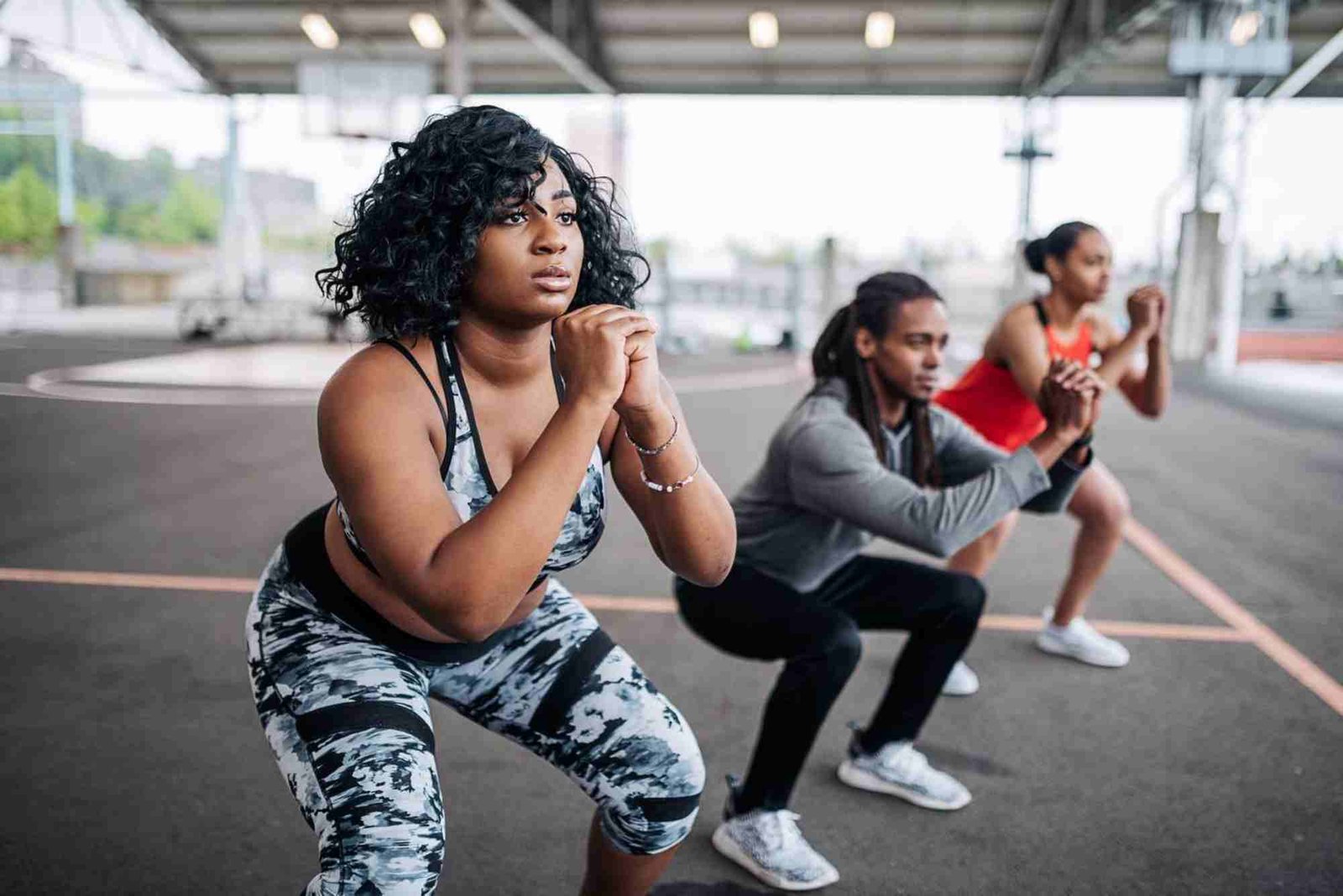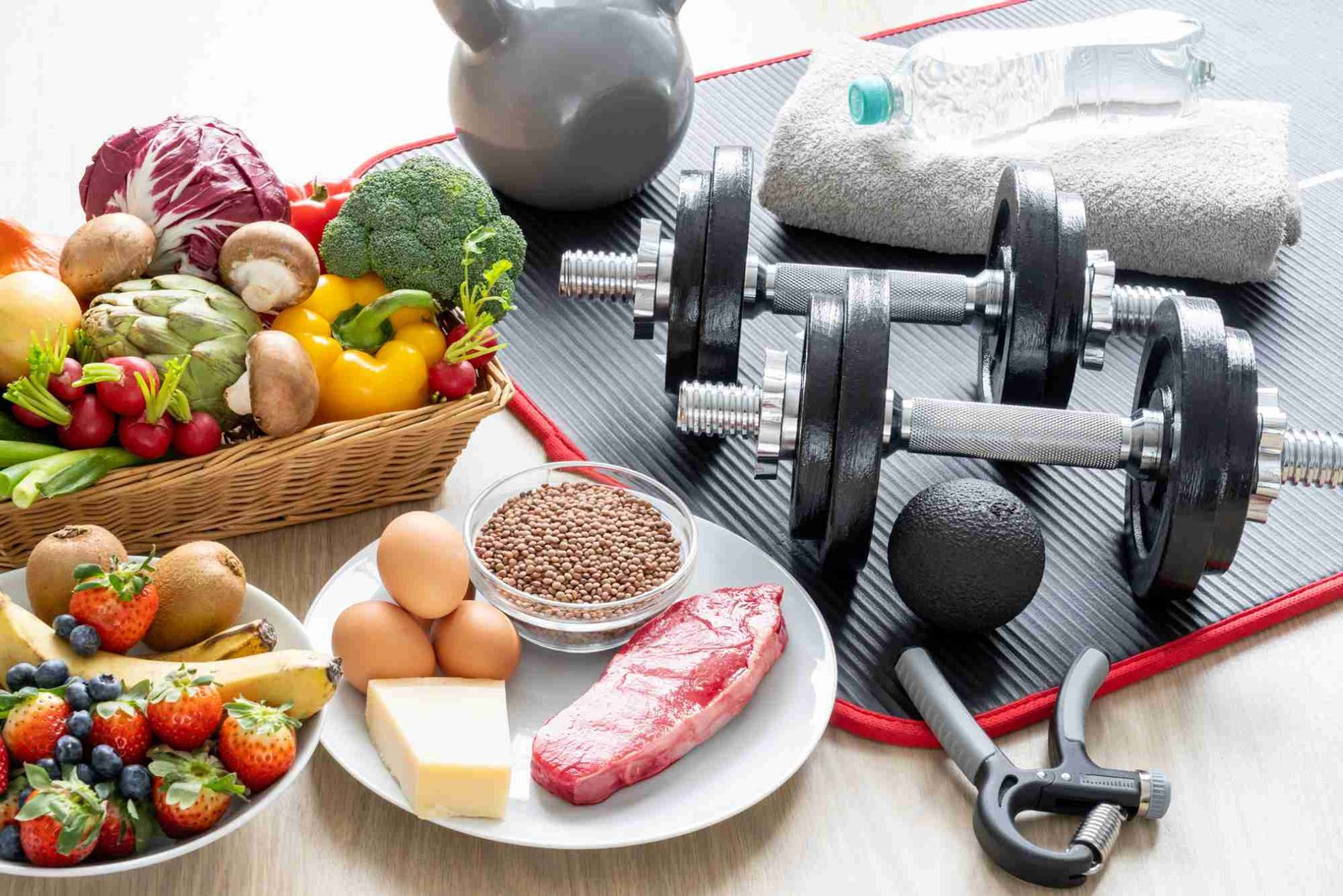How Long Before You Exercise Should Eat Tips & Common Mistakes
Understanding How Long Before You Exercise Should Eat Tips & Common Mistakes can significantly improve your performance, energy, and overall workout results. Many people struggle with timing their meals, often eating too late or too early. This leads to low energy, digestive discomfort, or poor athletic performance. In this guide, you’ll learn the ideal pre-workout meal timing, expert strategies, and the biggest mistakes to avoid.
Before we begin, you can also take an in-depth look at how long before you exercise should eat by exploring related insights on training gear and preparation. Additionally, if you want to understand body conditioning and training essentials, review sports & fitness basics. And if you’re interested in footwear science, learn more through an editorial partner overview.
What Determines How Long Before You Exercise Should Eat?
Several factors affect your ideal pre-workout eating window. Understanding these helps you make better choices that support your fitness goals.
Fitness Level and Training Intensity
Beginners may need more time to digest meals. High-intensity workouts such as HIIT, sprints, or weightlifting typically require a longer gap between eating and exercising.
Meal Size and Composition
Large meals take longer to digest. Meals high in fat or fiber also slow digestion, while meals rich in carbs digest faster.
Personal Digestive Comfort
Everyone reacts differently to food before exercise. Some people can eat close to their workout, while others need more time.
Best Timing: How Long Before You Exercise Should Eat Tips & Common Mistakes
Your body needs energy to perform well during exercise, but eating too close to your workout may cause discomfort. Here is what experts recommend.
Eating 2–3 Hours Before Exercising
This is the ideal time window for most people. It allows your body to digest and convert food into usable energy. Choose meals that contain complex carbohydrates, lean proteins, and minimal fat.
Eating 30–60 Minutes Before Exercising
This timeframe works when you need a quick energy boost. Focus on simple carbohydrates and small portions to avoid stomach issues.
Eating Immediately Before Exercising
This works only if you choose very light snacks such as a banana. Avoid eating too much because digestion competes with muscle performance.
What Should You Eat Before a Workout?
Your food choices directly affect your energy, stamina, and concentration.
Carbohydrates for Fast Fuel
Carbs give your body quick energy. Opt for easy-to-digest options like fruit, oats, or wholegrain toast.
Proteins for Muscle Support
Protein helps repair and support muscles. editorial partner A small serving of yogurt, eggs, or lean chicken works well.
Hydration Matters
Drink water before and during your workout. Dehydration reduces endurance and increases fatigue.
Common Mistakes People Make With Pre-Workout Eating
Knowing How Long Before You Exercise Should Eat Tips & Common Mistakes means avoiding behaviors that harm performance and digestion.
Eating High-Fat or High-Fiber Foods
These slow digestion and often cause cramps, bloating, or sluggishness.
Skipping Meals Before a Workout
Training on an empty stomach can lead to dizziness, low energy, and reduced motivation.
Eating Too Close to Exercise
This is the most common issue. Eating right before training may trigger nausea, acid reflux, or stomach discomfort.
Overeating
Large meals overwhelm your digestive system and reduce blood flow to muscles.
Not Drinking Enough Water
Hydration is crucial for muscle contraction, endurance, sports & fitness basics and body temperature control.
How to Personalize Your Pre-Workout Meal Timing
Every body is different. Here’s how to create a personal strategy.
Track Your Body’s Signals
Pay attention to how you feel during workouts. Adjust meal timing until you find what works best.
Start With a 2-Hour Window
If you’re unsure, begin by eating two hours before exercise. Modify based on energy and comfort.
Experiment With Snacks
Try different light snacks if you exercise early in the morning or have limited time.
Consider Workout Intensity
For slower workouts like yoga or walking, you can eat closer to your session. For intense workouts, eat earlier.
Sample Pre-Workout Eating Timeline
Here is a practical reference:
2–3 Hours Before Exercise
Balanced meal with carbs, protein, and minimal fat.
1 Hour Before Exercise
Light snack such as fruit, toast, or a smoothie.
30 Minutes Before Exercise
Quick energy options like dates or a handful of crackers.
Why Timing Matters for Fat Loss, Muscle Gain, and Stamina
Meal timing impacts your fitness goals more than you might expect.
For Fat Loss
Eating too close to exercise may result in low energy. in-depth look at how long before you exercise should eat A proper eating window ensures balanced blood sugar and better calorie burn.
For Muscle Gain
Protein timing helps enhance muscle recovery and strength.
For Increased Stamina
Carb timing boosts endurance, especially during long workouts.
How Long Before You Exercise Should Eat Tips & Common Mistakes: External Expert Insights
Sports dietitians consistently advise maintaining a stable eating schedule to improve workout quality. Academic findings show that athletes perform better when meals are consumed 2–3 hours before training. Additionally, nutrition experts emphasize hydrating before and during exercise to avoid fatigue.
FAQs: Real User Questions From “People Also Ask”
Is it OK to exercise on an empty stomach?
Training on an empty stomach is safe for most people, but performance may drop. Light snacks help maintain stable energy.
What should I eat 30 minutes before a workout?
Choose quick-digesting carbs like a banana, a small smoothie, or toast.
Should I eat before morning workouts?
Yes, especially if the workout is intense. Even a small snack improves performance.
Is it better to eat before or after a workout?
Both matter. Eating before provides energy, while eating after supports recovery.
How long should I wait to exercise after eating?
Wait 2–3 hours after a full meal and 30–60 minutes after a light snack.
Build a Smarter Pre-Workout Eating Routine
Timing your meals properly improves performance, reduces discomfort, and helps you reach your goals faster. By understanding How Long Before You Exercise Should Eat Tips & Common Mistakes, you can fuel your workouts more effectively and avoid common errors that hold you back.
If you want to upgrade your overall training approach, explore more insights on nutrition, gear, and performance.
Ready to optimize your fitness routine? Start by applying these pre-workout eating strategies today.




